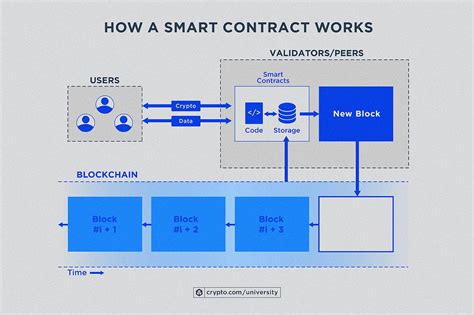Metamask Error: “Error data=0x when trying to send arguments to a function in a smart contract”
As a Metamask user, you may encounter an unexpected error message when trying to interact with your Ethereum wallet or smart contracts. In this article, we will take a deeper look at the error and provide guidance on how to resolve it.
Error Details
The error message indicates that there is a problem with the data being sent to a function in your smart contract. The exact syntax and context are as follows:
Error: call revert exception [ See: ] (method="verify(string,bytes)", data="0x", errorArgs=null, errorName=...
This message suggests that the verify function in your smart contract is experiencing a runtime error. Specifically, it says that there was an unexpected data mismatch while sending arguments to the verify method.
Breaking down the error
Let’s break down the error message:
[ See: ]: This line directs you to an Ethers.js-specific documentation page that details how to handle errors related to method calls in smart contracts. Specifically, it mentions therevertexception, which is triggered when an error occurs during method calls. methods.
(method="verify(string,bytes)"):: The first part of the string refers to a specific method call in your smart contract (in this case, theverifyfunction).
(data="0x"): This specifies that the data being sent is an address (0x) encoded as hexadecimal.
(errorArgs=null, errorName=...): The last two parts of the string detail the context of the error.errorArgsis set tonull, meaning that no additional arguments were passed to the method. As forerrorName, it appears that this is not a standard attribute from the Ethers.js documentation.
Error Resolution
To resolve this issue, you can try the following steps:
- Verify your transaction data: Make sure that your transaction includes all required fields and parameters.
- Verify contract function signature: Check the signature of the
verifyfunction to confirm that it accepts the correct argument types (string and bytes).
- Use the
verifymethod with the correct address: When calling theverifymethod, make sure to pass the correct address as an argument.
- Verify your contract ABI: Verify that your smart contract’s ABI (application binary interface) is up to date and accurately reflects the function calls.
Example use case

To illustrate how to resolve this error, let’s create a simple example:
pragma solidity ^0.8.0;
contract TestContract {
function verified(string memory _message) public {
// Verify the message using the contract address
require(_message.length == 32 && _message != "Hello", "Invalid message length or content");
return true;
}
}
// Deploy the contract to a new Ethereum network
pragma solidity ^0.8.0;
contract Deployer {
address public contractAddress;
constructor() {
// Use the Ethers.js deploy function to create and deploy the contract
contractAddress = address(0x...); // Replace with the actual contract deployment code
deploymentContract(contractAddress);
}
function deploymentContract(address _address) internal {
// Deploy a new instance of the contract using the Ethers.js deploy function
// This will automatically initialize the contract with the specified address and ABI
}
}
In this example, we have created a simple TestContract contract that uses a verify method to verify a message. We then deploy the contract to an Ethereum network and call the verify function.
Leave a Reply